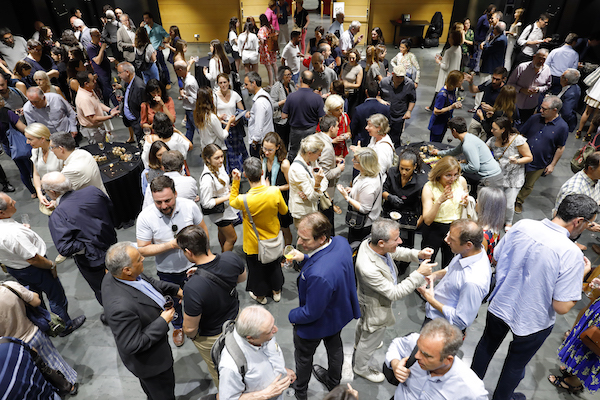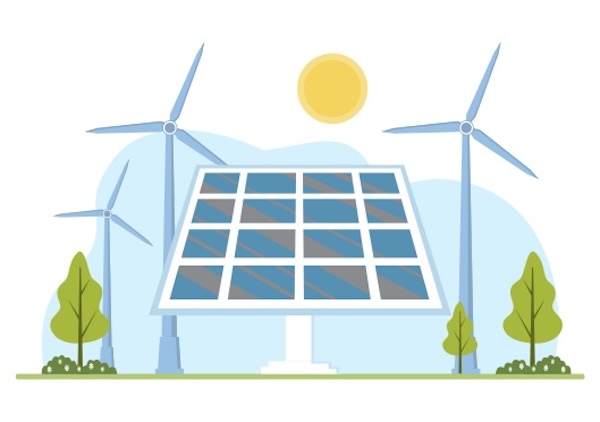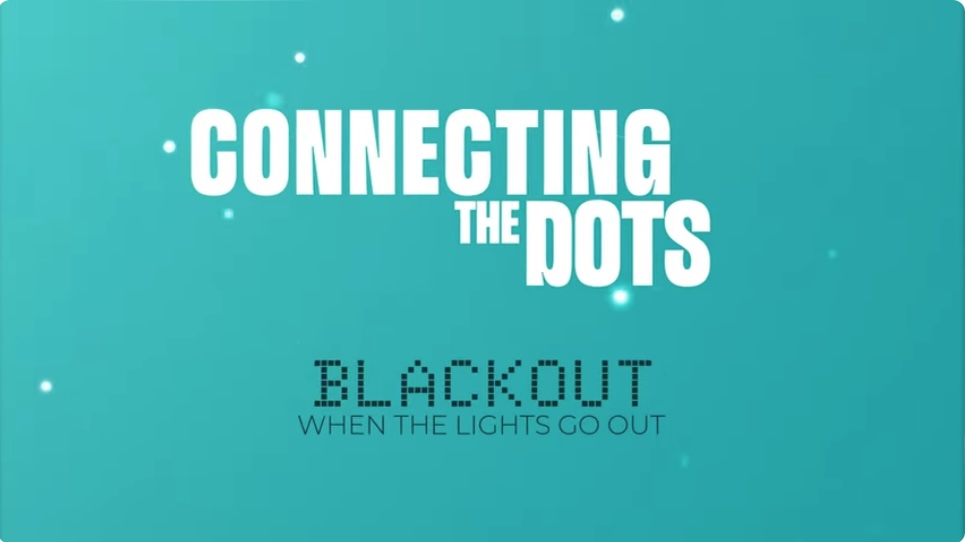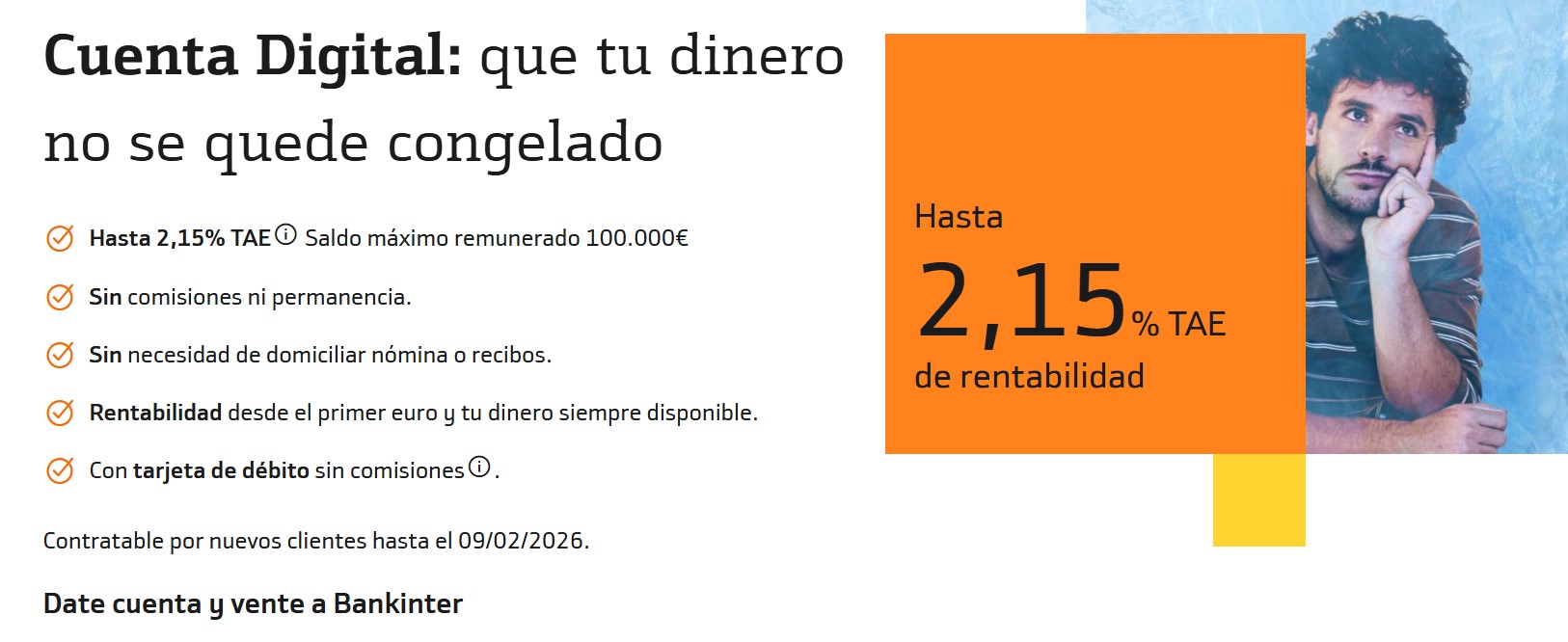The closing session of the 16th edition of Esade Alumni Pro Bono Consultants focused on regenerative economics and featured several experts on the subject.
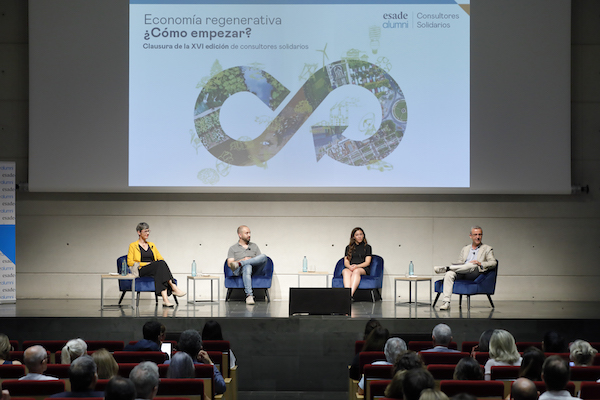
The closing session of the 16th edition of Esade Alumni Pro Bono Consultants, held on 7th June, focused on the concept of regenerative economics, which seeks to contribute through our work to healing the damage that has been done to the planet and to society.
Many organisations and companies around the world are already pursuing a policy of regenerative development. These are businesses that, from the outset, have worked not only to reduce their negative impact on the environment, but also to have a positive environmental impact. Indeed, this field presents huge opportunities for profits that are both shared and fair.
Several subject-matter experts were invited to discuss this trend at a session entitled “Regenerative Economics: How to Get Started?” The panellists included Daniel Wahl, consultant, educator, activist, author of the bestseller Designing Regenerative Cultures and pioneer in the field; Maja Tampe, Assistant Professor in the Department of Social Sciences at Esade, whose research focuses on regeneration, sustainable agriculture, green cities, governance of sustainability, social practices and changing social practices; Roser Rullo, a student in the new Bachelor in Transformational Leadership and Social Impact, research assistant at Esade and organiser of the regenerative agriculture project Cal Rulla; and Lluís Marco, a partner at the consulting firm Hobest. The panellists discussed this new concept, which was born out of the intense need to accelerate the shift away from the current unsustainable linear model and towards restorative innovations.
Alfred Vernis, Associate Professor in the Department of Strategy and General Management at Esade and expert on social innovation and sustainability applied to the local and rural world, delivered some welcome remarks before moderating the panel of experts. “This session marks a turning point,” he declared. “Until today, we have continued to work as if the climate emergency were not an emergency.”
As Prof. Vernis explained, the regenerative culture starts with each individual re-examining their ways of thinking, their ways of relating to nature and everything else. Hence, all regenerative cultures, agricultures and economies have to do with getting back to living in harmony with the planet. After his introductory remarks, Prof. Vernis gave the floor to Lluís Marco, a partner at Hobest, a strategic and organisational consulting firm that guides organisations in their collective construction, helping them become freer, more alive, more human and more capable.
Advantages of self-managemen
In his presentation, Marco discussed three key concepts for organisations: self-management, wholeness and evolutionary purpose. “We must strive to become organisations where people can more easily mobilise their knowledge, and we can do this by creating teams that are much more self-managed, with much greater decision-making capacity, and are close to the action,” explained Marco. After outlining these theoretical aspects, he cited examples of organisations that have gone from having a classic pyramid structure to building the organisation from the bottom up, increasing the number of thinking minds.
We must strive to become organisations where people can more easily mobilise their knowledge, and we can do this by creating teams that are much more self-managed, with much greater decision-making capacity, and are close to the action
Ecology
The second panellist to speak was Roser Rullo, a student in the new Bachelor in Transformational Leadership and Social Impact and research assistant at Esade. She is also the organiser of a family-based regenerative agriculture project, Cal Rulla, in the region of Lleida.
After explaining the origin of her family’s passion for agriculture, Rullo highlighted the remarkable changes seen in food after soil regeneration. “We started from scratch and we have noticed a spectacular difference in our farmland,” she declared. “There is a biodiversity that wasn’t there before.”
The importance of health
Maja Tampe, Assistant Professor in the Department of Social Sciences at Esade, whose research focuses on regeneration, sustainable agriculture, green cities, governance of sustainability and changing social practices, explained that regeneration means “fostering and enabling the health of social and environmental systems to flourish”. According to Prof. Tampe, regeneration aims to improve what we have and to recreate health. “You have to start from where you are and take the long view,” she added.
After Prof. Tampe’s presentation, the last panellist to speak was Daniel Wahl, consultant, educator, activist and author of the bestseller Designing Regenerative Cultures, whose educational background is in biology, holistic sciences and natural design.
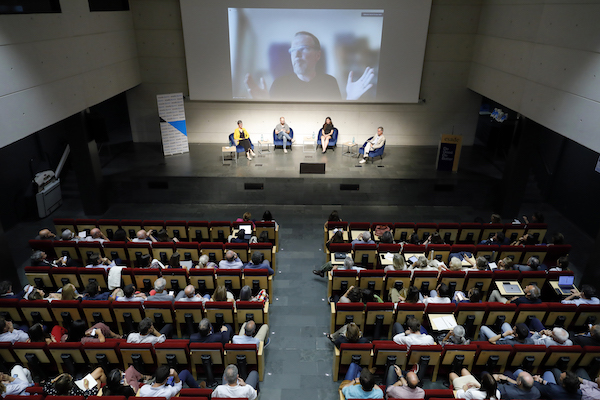
Wahl, who participated virtually from Mallorca, described regeneration as “healing the complex system of which we are a part, of which we are emergent properties”. He added: “Those who care for the land are not only producers of what we consume; they are also guardians of the health of ecosystems, and we must create regenerative economies that value this.”
Those who care for the land are not only producers of what we consume; they are also guardians of the health of ecosystems, and we must create regenerative economies that value this
Finally, before inviting the attendees to join the speakers for some refreshments, Prof. Vernis thanked the experts and organisations.
